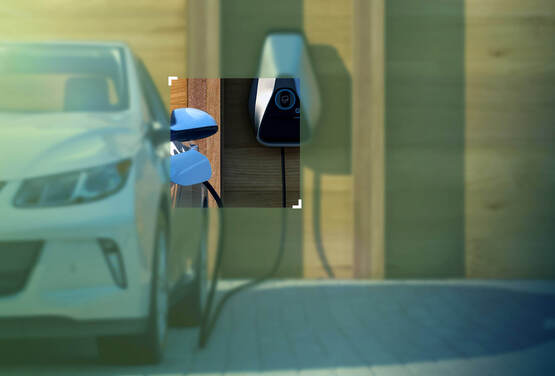Cox Automotive has warned that ‘more needs to be done’ to encourage consumers to adopt electric vehicles (EVs), ahead of the ban of the sale of internal combustion engine (ICE) cars by 2030.
The warning follows strong sales of EVs reported by the Society of Motor Manufacturers and Traders (SMMT).
The latest SMMT figures showed June’s best-selling new car was the Tesla Model 3, with 5,468 units sold – against the backdrop of an automotive market that stood at 186,000 units sold, down almost 16% from seasonal norms.
While progress towards EV adoption is improving, more must be done if manufacturers and dealerships are to meet clean air targets, said Cox Automotive.
Philip Nothard, insight and strategy director at Cox Automotive (pictured), said: “While the EV segment is undoubtedly growing fast, this is against an overall reduction in new vehicle sales.
“Some major barriers still stand in the way of mass EV purchasing, including range anxieties and concerns around the high cost of new EVs.
“Many motorists still need more convincing to go electric, along with better financial incentives and information, if we are going to be ready for the switch to electric new vehicles by 2030.”
A recent consumer survey by automotive data firm Regit, in partnership with Cox Automotive, found that more than half (56%) of drivers would consider an EV for their next vehicle purchase.
MPs on the UK Government’s transport committee have suggested that a mandate compelling car makers to sell increasing numbers of EVs could be the key to driving greater adoption.
Cox Automotive said this is backed by data from Auto Trader showing that there is an increased demand for EVs across both new and used vehicles.
The survey also revealed that 92% raised concerns about the current charging infrastructure and the cost of new EVs (72%). 45% of drivers would consider buying a used EV, according to the survey.
Nothard said the current sustainability movement, if backed by ‘the right government incentives’ and supported by more information about EVs by dealerships and manufacturers, could help accelerate EV purchases.
 Nothard said: “Following cuts to the plug-in car grant (PiCG) and van and truck grant, combined with the higher upfront cost of EVs and lack of new vehicle supply, motorists are likely to stick with cars that are powered by internal combustion engines because they are cheaper and easier to run.
Nothard said: “Following cuts to the plug-in car grant (PiCG) and van and truck grant, combined with the higher upfront cost of EVs and lack of new vehicle supply, motorists are likely to stick with cars that are powered by internal combustion engines because they are cheaper and easier to run.
“Regit found that a little over half of consumers believe they do not have sufficient information to make the switch to an EV, while two-thirds are unaware of any incentives to switch to EV.
“Dealers can play a crucial role during this transition for the new and increasing used EV market, especially in terms of informing their customers and helping them find the vehicle that suits their needs and driving habits.
“Affordable and accessible EVs are available on the used market and could provide the use case required to convert even more new EV sales.”
‘Greater incentives, investment and information’ is needed
Jon Davies, brand partnerships and EV strategy director at Auto Trader UK, said: “To support EV uptake, we believe we need to see greater incentives, investment and information from the Government.
“Greater incentives to deal with the prohibitive up-front cost for many consumers and lack of consumer choice, both on new cars but crucially also on younger used vehicles.
“More investment to get over the infrastructure barrier. Perception of infrastructure issues is one of the top two barriers (after cost) listed by consumers.
“Lastly, we believe we need to see more information to make this new industry understandable to all. 40% of consumers, we asked don’t know government grants are even available, let alone understanding the different charging speeds.”
In the latest issue of AutoFocus which publishes data from Auto Trader, it suggests that by 2025, EVs will make up 9% of the car parc and alternatively fuelled vehicles (AFVs) including EVs, will make up 18% of all vehicles on the road.
